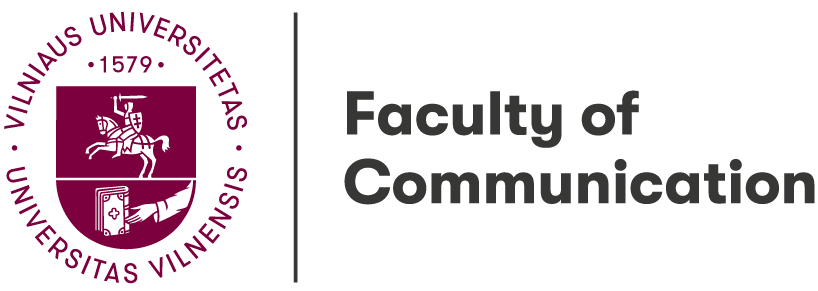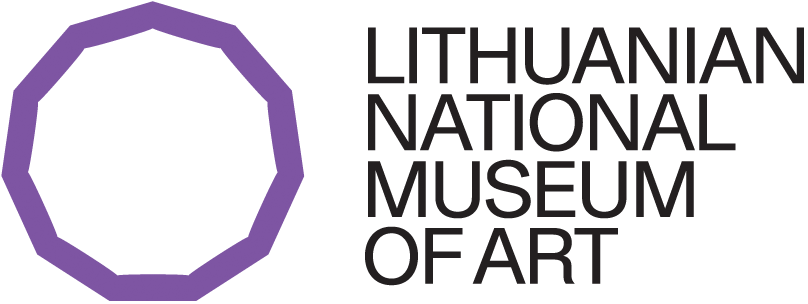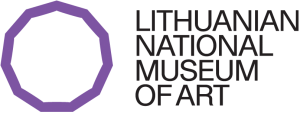Our Partners
The Department of ALM at Uppsala University is a coordinating institution of the project. The unique aspect of research in Uppsala is that it nurtures an interdisciplinary interest in information and knowledge infrastructures, collections and societal memory from the vantage point of the changing premises, patterns and practices of their making, organisation, management and use from historical and contemporary perspectives. In 2018 DH Uppsala – the network for digital humanities at Uppsala University (Sweden) was created as a departmental infrastructural unit to promote the exchange of knowledge and serve as a meeting point of the digital education and research.
The Gävle County Museum encompasses both the provinces of Gästrikland and Hälsingland and we have the whole county as our workplace. We work with cultural history, art, building and landscape conservation, archaeology, and with various cultural projects in the county’s municipalities. The museum itself is located on Södra Strandgatan in Gävle.
Vilnius University Faculty of Communication provides an integrative approach to the study and research quality, education and training of specialists that answer the market needs, adapt to the constantly changing environment, facilitate innovation, and enhance best practices in their professional areas. Today the staff of the Faculty embrace more than 60 researchers – it is the by far the largest team of communication and information scientists in Lithuania.
National Heritage Board is a governmental institution in Estonia with the aim of organising heritage protection, carrying out surveillance of cultural monuments under state protection and keeping a registry of them. National Heritage Board recognises digital technology as an important agent in many aspects of the museum work and organises trainings, seminars, hackathons, providing guidelines for the museum professionals in order to take better advantage of the digital technology possibilities and cope with the existing challenges.
The Lithuanian National Museum of Art (LNMA), a member of the Lithuanian Museums Association and the International Committee of Museums (ICOM), is a public institution with the national museum status. Originally founded in 1933, LNMA aims to collect, preserve, study, research and promote rich analogue and digital collections at its disposal. In 2009 the branch of LNMA the Lithuanian Museums’ Centre for Information, Digitisation (LM CID LIMIS) was founded. As a national centre of excellence in digitisation, it coordinates and organises cultural heritage digitisation process in Lithuanian museums, provides professional trainings and consultations in relation to creation, preservation, dissemination, and reuse of digital content.






